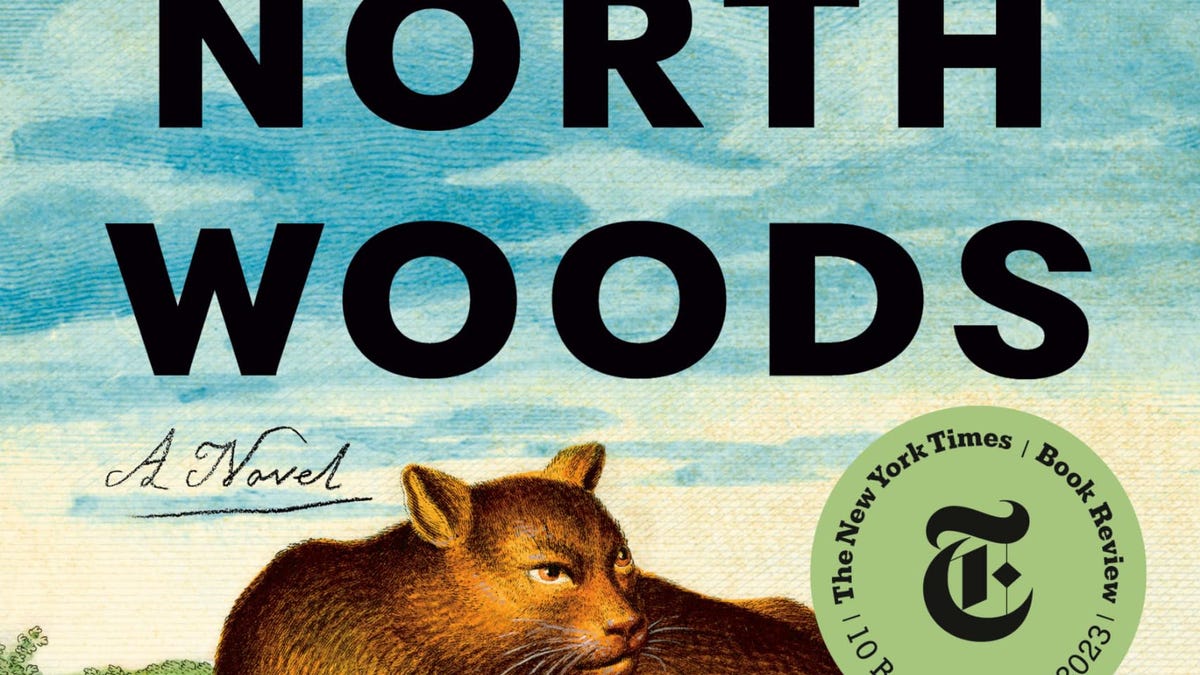Editor’s note: For four Sundays in September, Karena Tse of Daniel Boone Regional Library will explore a different aspect of this year’s One Read title, “North Woods” by Daniel Mason. Columns may include spoilers.
More than asking us to be readers, Daniel Mason’s “North Woods” also situates us as compassionate historians and archivists of precious fragments: a young mother’s story of captivity crammed into the margins of a Bible; an apple farmer’s field notes left behind for his daughters; a collection of tapes recorded by a tormented young man, attempts to capture glimpses of a realm he walked alone.
When I consider these artifacts, I ache to imagine their creators’ desperation for their offerings to be found and understood. Each character leaves something different for the record: eyewitness account, wisdom, evidence. But when it comes to the painter William Henry Teale’s letters to the writer Erasmus Nash, the object of communication is simple: love.
“Dear Friend,” he begins. “A note to say I have arrived.”
It is December, William has moved into the house in the woods, and he is alone except in the world of his and Erasmus’ correspondence. He spends all his time painting — with colors on canvas, and with words in fervent letters. Every rare sight and taste is a pleasure to be shared: ice lining the river banks in fantastic columns, in other places thin as spun sugar; the sweet, fresh secret of an apple from the ancient orchard.
It is no wonder the novel’s most beautiful, attentive descriptions of the woods come from the writings of a person in love. How else to say “I love you” but to notice everything, to show, page after page, how the thought of your dear one opens the eyes of your heart?
After a visit from Erasmus, William writes, “There are times I’m sitting in my glen (our glen), before my river (our river), and I am certain that the low beech who drops her branch across my vision has changed her hue over the course of minutes.”
In the same letter, William proposes a new calendar of a hundred autumns to account for every tiny shift in color. He writes with a shimmering palette, love perhaps not the object, but the medium.
The other way to say “I love you,” I suppose, is to say it. If only everyone could afford so direct a translation! But some, like William, must weigh the cost of sharing their secret. And yet, in writing ecstatic circles around the truth, the closeted artist paints a richer confession, less Shakespearean sonnet and more E. E. Cummings, as in “the root of the root and the bud of the bud / and the sky of the sky … i carry your heart (i carry it in my heart).”
Eventually, even William tires of carrying two hearts. A letter from late September aims to break the tension and pierce the truth, though at that crucial moment William still struggles to step out of the symbolic: “Were I able to paint what I am trying to say, it would be a simple canvas, two linked spirits in a glen more beautiful than ever I have painted.”
And this final failure of William’s to pin down exactly what he means, to express that which defies containment, is what binds him to the other souls of the north woods. He is the nightmaid, recording monumental truths in minuscule script. He is Robert, trying to catch ghosts on tape. He is anyone who has ever taken on those beautiful, hopeless tasks: to find the right words; to preserve a moment.
In a letter from May, William describes the suddenness of spring: “A kind of amnesia sets in: wasn’t it always so? If I didn’t have my paintings, I might not believe that once this all was snow.”
But William, you have your letters! And while you were circling your secret, you also captured the fantastic columns of ice, tall as organ pipes. A woman found your letters in the bookshelves when you got old and she knew that “Dear Friend” was the beginning of a love story; even later, a different woman, a fraud, conducted a seance in this very house and you and Erasmus appeared as winking lights, tumbling, luminous creatures. (Nightmaid, they photographed the margins and enlarged the script — they know you tried to stop the violence. Robert, she found your tapes and watched them all.)
It was real; we know this because of what you left behind. Once this all was snow. Once you were in love.

